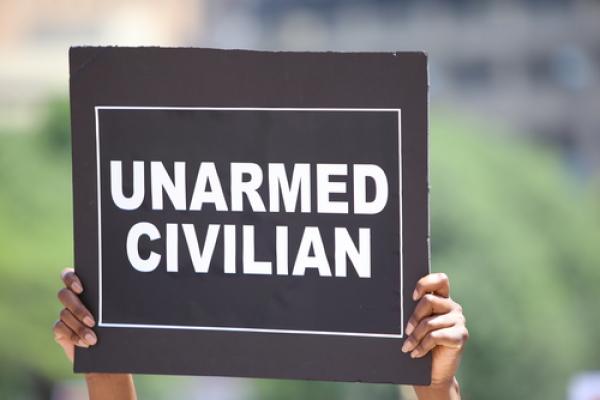Jan 15, 2016
But evangelical leaders are stepping forward. They are voicing support for the structural and systemic protection of the image of God in black people. And as in the days of MLK and Mandela, it is essential that allies understand the movement and its operating principles.
The Black Lives Matter movement is the most recent phase of the 500-year global struggle for black freedom. It is not random. It is not disorganized.
Read the Full Article

Already a subscriber? Login
